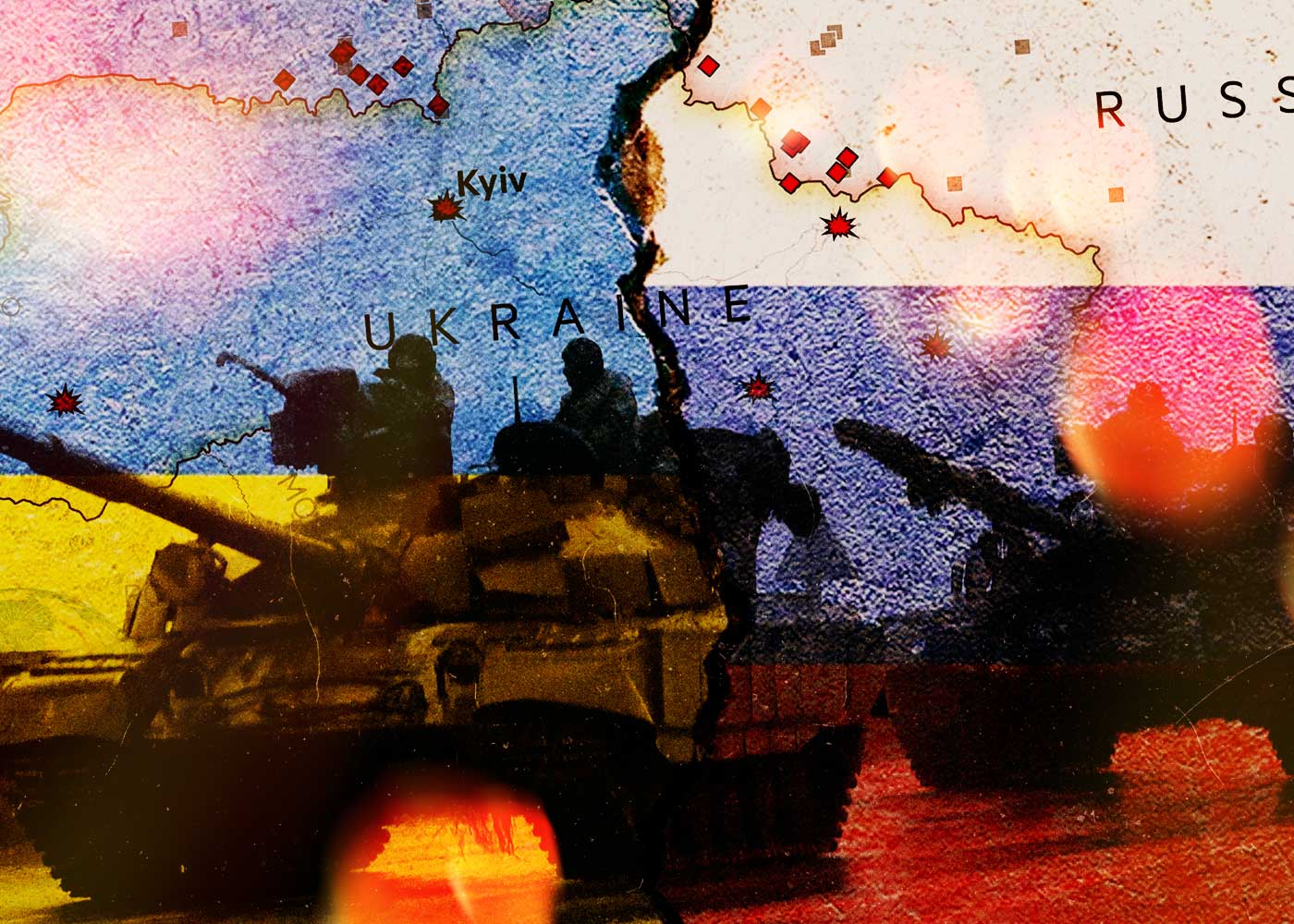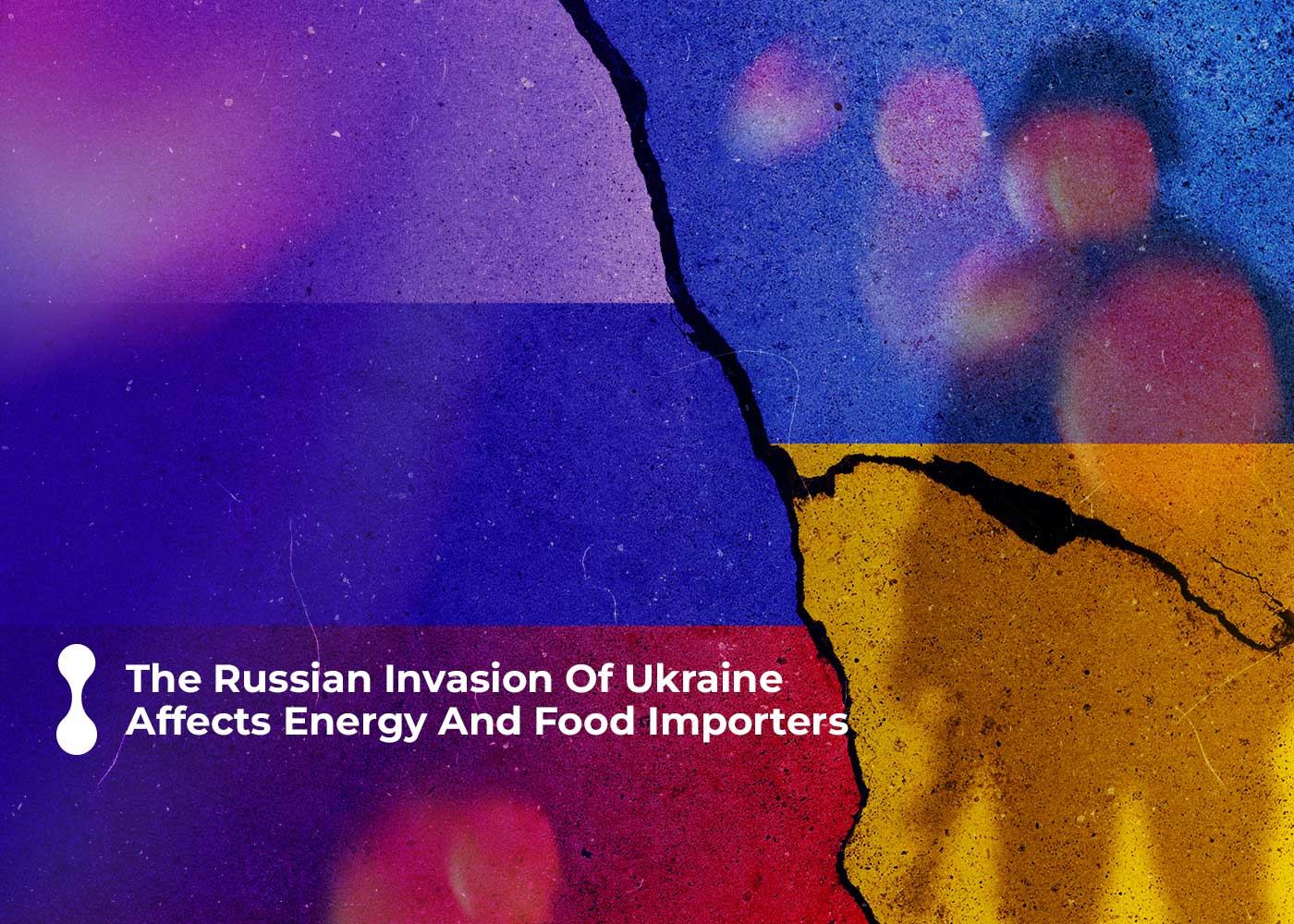Beyond the theater of struggle in Russia and Ukraine, some of the worst economic repercussions of the conflict are being felt in various places around the globe. On February 24, 2022, Russian tanks entered Ukraine, signaling the beginning of Moscow’s full-scale invasion of its neighbor. Ukraine has managed to remain an independent state through almost one year of warfare against Russia, although it is still subject to constant artillery assault.
Yet, nations outside of Ukraine are also suffering as a result of the conflict. In addition to the thousands of civilian fatalities, millions of refugees, and substantial infrastructural damage in Ukraine, other nations suffer from goods and energy crises. Tens of nations’ currencies crashed against the US dollar in 2022 as a second-order consequence of Russia’s invasion, driving up the price of imports.
Russia’s Invasion Shocked the World Economy
Owner of a home appliance business in Cape Town, South Africa, Luc Verfaille, stated that his company “had to lower the overheads, including on personnel, to absorb the greater expenditures from rand -South African currency- depreciation.”
Russia’s invasion shocked the world economy, even emerging nations, because of the intricate interactions between geopolitics, commodities pricing, and financial markets. It’s true that the effects have differed among emerging countries. There have been some universal difficulties, however, such as those brought on by rising commodity prices.

The COVID-19 worldwide resurgence sparked the commodities market even before the conflict. Rapid price increases were caused by pent-up demand brought on by nationwide lockdowns and massive economic stimulus programs. The conflict accelerated these developments.
Russia Seems Resilient Against the Sanctions
The S&P Goldman Sachs Commodities Index’s energy component finished 2022 10% higher than it had been at the beginning of the year. It increased by 68% from January to June. Given that Russia was a significant energy market in 2021, accounting for 14% and 18% of world oil and gas output, respectively, the war has raised concerns about supply shortages.
Yet according to the International Energy Agency, Russia’s hydrocarbon output has been mostly untouched by the armed war, and the tightening of sanctions has so far had little impact on the country’s “resilient” energy supply. Russia has mostly succeeded in redirecting European pipeline supplies to developing nations like Turkey, India, and China, although at a price.
This content may also be of interest: Blockchain Signature in Digital Advertising With Basic Attention Currency
